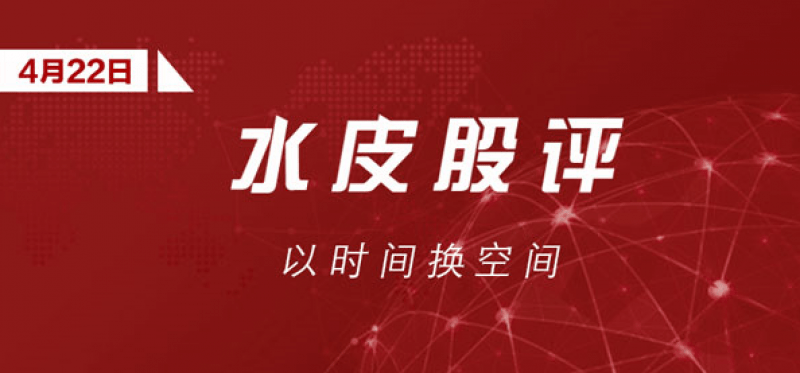
Committee of Inquiry Wirecard and the “Mastercard” from Commerzbank
As of: 06/09/2021 3:01 a.m.
The parliamentary groups’ final reports on the Wirecard committee of inquiry are almost ready. Nevertheless, the panel heard witnesses well into the night. It was about early information from Commerzbank. By Arne Meyer-Fünffinger and Josef Streule, BR When the Munich Chief Public Prosecutor Hildegard Bäumler-Hösl entered the “Europa Hall” in the Paul-Löbe-Haus, the Wirecard investigative committee had already spent almost nine hours of intensive witness questioning behind it. At this point in time, the committee had already questioned the head of the FIU anti-money laundering unit, Christof Schulte, and the State Secretary in the Federal Ministry of Finance, Rolf Bösinger – with unsurprising results. Both vigorously defended the work of the authority in connection with the Wirecard scandal. “We have no indications that the FIU would not have fulfilled its legal mandate,” emphasized Bösinger. The FIU has been standing for reporting from BR research for days again more and more criticized. In February 2019, Commerzbank submitted a detailed suspicious transaction report to the FIU – including a list of almost 350 suspicious transfers and a short report to make the FIU’s work easier. A reference to the allegations made against former Wirecard managers was not recognizable, explained Schulte and Bösinger. The FIU therefore only forwarded this suspicious activity report to the responsible criminal investigation authorities in Bavaria in July 2020, after seven foreign partner authorities had been sent “spontaneous information” in July 2019. Schulte emphasized that there has been no response from them to this day. And apart from that: “The Commerzbank report was by our standards not a particularly good report,” said the FIU boss.
Prosecutor: Commerzbank report was the “Mastercard”
The Munich public prosecutor’s witness, Chief Public Prosecutor Bäumler-Hösl, arranged the Commerzbank report completely differently when she was interrogated: “The major money laundering report from Commerzbank is the Mastercard. This is the most valuable and most extensive money laundering report. It is elementary. ” “That’s a statement,” said the committee chairman Kay Gottschalk (AfD) spontaneously. The lawyer also contradicted Bösinger and Schulte on a central point: Both had emphasized that Commerzbank’s suspicious transaction report had no reference to the German legal area. That is why the FIU did not forward this to the local authorities any faster. “What alarmed me about the report is the presentation of the facts by Commerzbank,” she said. This refers to the brief report that the bank added to the list of nearly 350 suspicious payments. In this and in the transfers listed by the Frankfurt money house, a relationship with Germany was clearly recognizable, Bäumler-Hösl made clear. With the fact that the report did not contain any reference to Germany, the FIU justified the fact that it had only informed the local authorities of this information more than a year and a half later. “All the reasons given by the Federal Ministry of Finance as to why the FIU did not initially have to pass on the suspicious transaction report have literally collapsed,” commented Florian Toncar (FDP) on the statement by the chief public prosecutor.
Wirecard suspicious activity report on a silver platter
Matthias Hauer (CDU / CSU) had already disagreed with the presentation of the FIU representative before the chief public prosecutor’s statement: “In my opinion, the silver platter is not enough, it must be made of gold.” Other experts had also classified the suspicious activity report from Commerzbank in the run-up to today’s testimony as a “silver platter” on which the bank had served the FIU with its information. The third witness in the Wirecard investigative committee, Rolf Bösinger, State Secretary in the Federal Ministry of Finance, countered the accusation that he had withheld information from parliament at an earlier point in time: “These accusations are untenable. I have neither withheld information nor do I have it There is nothing to hide or to conceal. We have informed the German Bundestag and the MPs comprehensively, “he said.
Accusation of “concealment”
These statements did not make an impression on every committee member. For Lisa Paus (Bündnis 90 / Die Grünen) they were “not credible”, Hans Michelbach (CDU / CSU) spoke of “veiling” by the ministry even after Bösinger had been questioned for several hours. BR research had previously reported on internal mail correspondence of the FIU, according to which Bösinger is said to have influenced a dossier of the FIU accordingly. This was drawn up by the authority on the occasion of a special meeting of the finance committee on August 31, 2020. The dossier was an internal preparatory document, stressed Bösinger in front of the members of the committee of inquiry. They will now focus on completing their final reports after months of work. Bundestag President Wolfgang Schäuble will probably receive a thick pile of papers at the end of this month.





























































You must log in to post a comment.